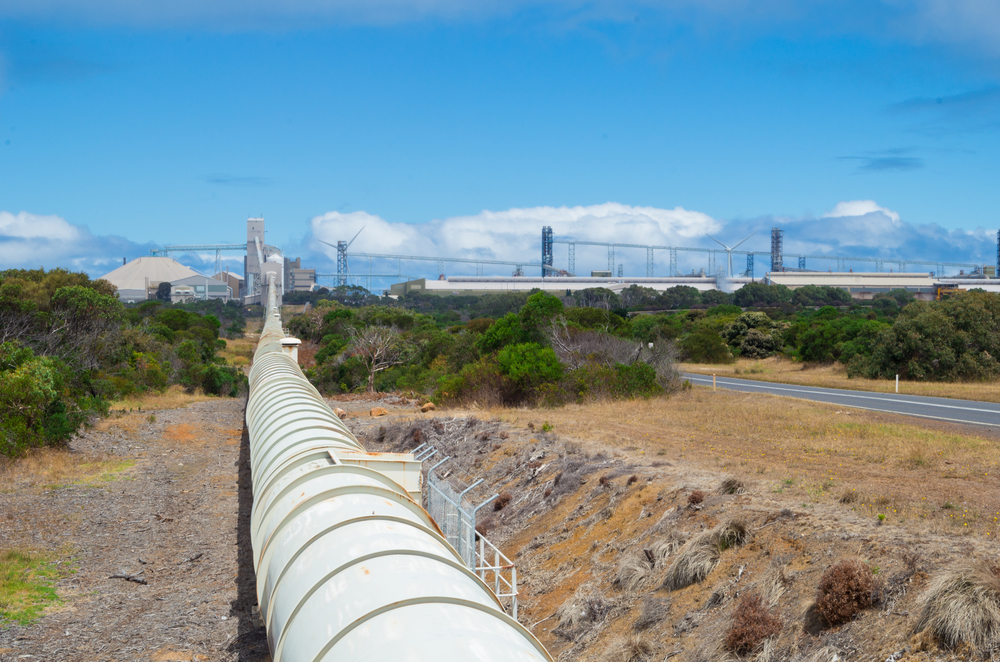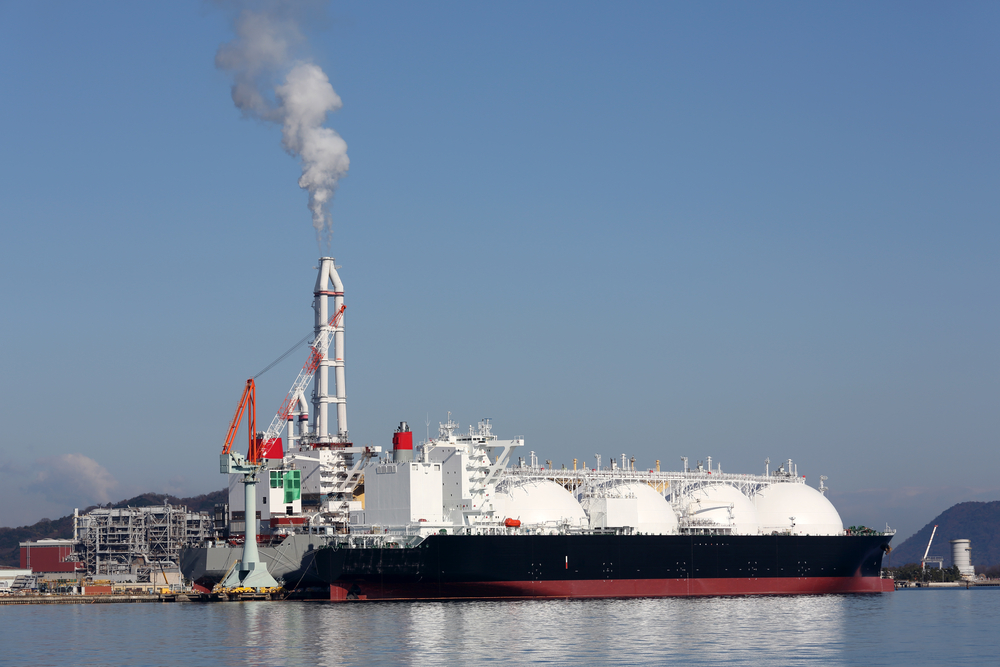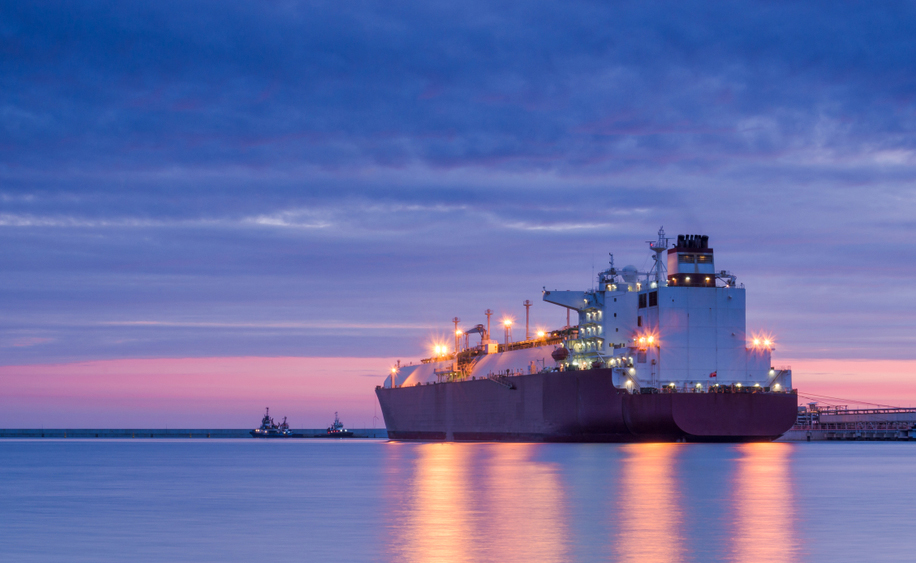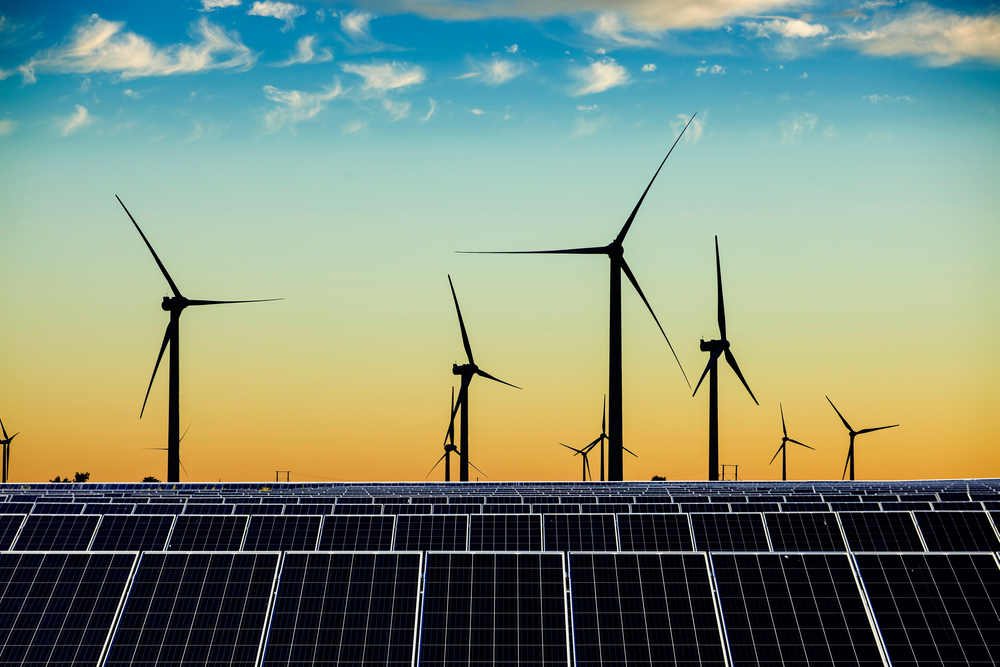
As a result of increasing gas prices, recent extreme demand volatility for the winter of 2022, and the Australian Government Budget 2022-23 forecasting gas price increases of more than 40 per cent over two financial years, there have been calls for a gas price cap to limit the exposure of high gas.
However, according to a new report by EnergyQuest, gas price caps would stifle new investment in domestic supply as market intervention leads to a string of damaging economic consequences, according to a new report.
The report, A Review of Gas Cap Pricing, has found a price cap would have substantial long-term economic implications – including negative impacts for exploration, development of gas resources, gas storage economics in Victoria and the viability of LNG imports on the east coast.
“Price caps do not address the cause of high domestic prices – lack of new gas supply and volatility in demand from the electricity market with the transition to renewables,” the report says.
“The long-term net effect of a price cap is to increase demand with lower prices, and decrease supply with lower economic returns – the opposite of what is required.”
The independent report, commissioned by the Australian Petroleum Production & Exploration Association (APPEA), said price caps decreased the incentive for exploration and risked long-term supply because capital investment would be deferred or redeployed to markets with higher prices.
“A gas cap in Australia of $10/GJ would risk capital flight to countries which offer a faster and higher return on investment,” it said.
APPEA Chief Executive Samantha McCulloch said the report demonstrated the risk of intervention and that the government should allow the existing mechanisms of a Heads of Agreement (HoA) and Gas Industry Code of Conduct to work.
“The report shows that gas price controls won’t solve the pressures in the national energy system and would lead to even larger problems and higher prices down the track,” she said.
“We need to look at the entire energy supply chain for solutions, not isolate only one part of it.
“Gas can play a part in that solution by bringing on new supply to put downward pressure on prices. But this can only be done when positive investment policy settings and regulatory certainty encourage new investment. Intervention does the opposite.”
Ms McCulloch said the unintended consequences of market intervention underscored the necessity of early consultation with industry.









